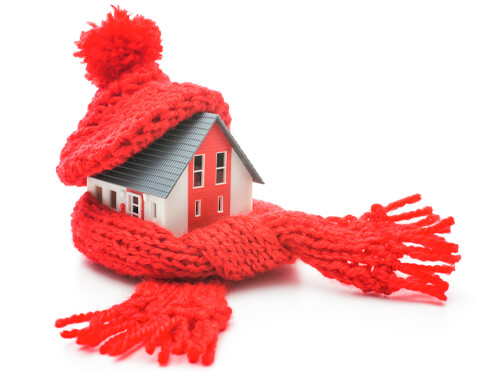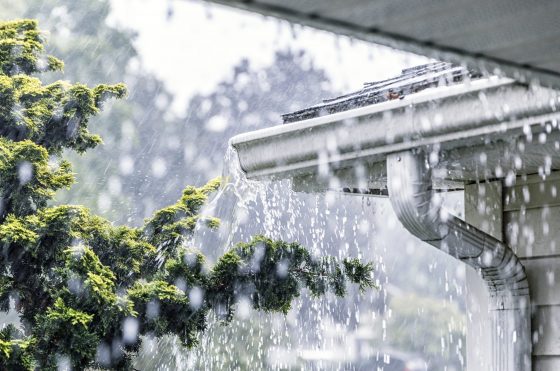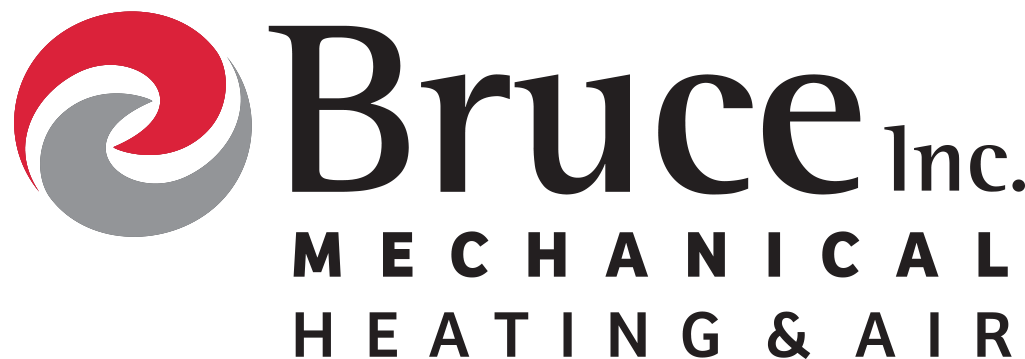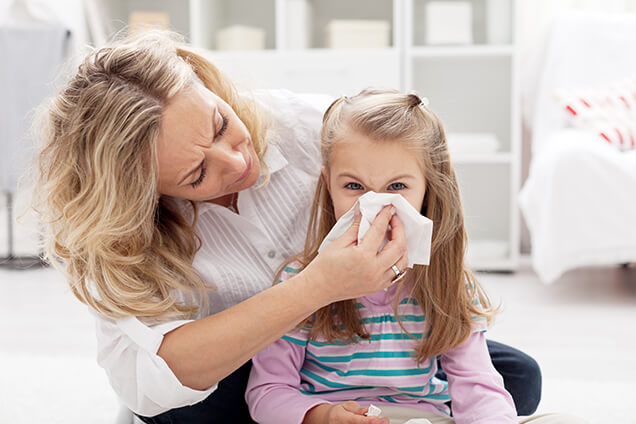
8 Winter Tips for Your Kennewick Heating System
November 16, 2021
Making Sure Your HVAC System Is Ready for Storms
January 3, 2022Improved indoor air quality can positively impact your health. Since you spend much of your time indoors, it’s important to take prompt action if you find hazardous levels of pollen, dust, unbalanced humidity, bacteria, and other pollutants in your home. While it sounds challenging, especially because it’s difficult to notice poor air quality, the experts at Bruce Heating & Air are here to help you breathe easier. Begin by reading these frequently asked questions and answers concerning indoor air quality, and then reach out to us to schedule an in-home assessment.
Why Should You Be Concerned About Indoor Air Quality in Your Washington Home?
Studies indicate that air trapped inside your home could be more contaminated than the outdoor air. Regardless of how often you clean your house, your indoor air can get filled with pet dander, dust, pollen, viruses, chemical fumes, and more. Although opening windows and doors helps, you need a system that allows fresh air in without releasing heat out when the weather gets cold. Consult our team about ventilator systems that eliminate stale odors and stuffy air without sacrificing your comfort.
What Are the Typical Indoor Air Contaminants?
Dust, pollen, pet dander, fabric fibers, and other common particulates are the usual suspects that contaminate indoor air. Although most are relatively harmless, if you’re asthmatic or allergic, these pollutants can aggravate the symptoms. Other hazards, such as mold, carbon monoxide, radon, lead particles, nitrogen dioxide, and asbestos, can adversely affect your health. An air quality test can help identify these issues, and our technicians can recommend the best products to help keep your indoor air clean.
How Do Indoor Air Contaminants Get Into My House?
Your indoor air quality gets affected by contaminants composed of small particles. Some of these particles come from construction materials like wallboard, wood, and insulation. Also, pets can slough off fur, scales, and feathers, while humans can shed dead skin cells frequently. Other contaminants, such as pollen, come from the outside and are brought into your home by wind or humans and pets.
Where Are Contaminants Commonly Found?
Contaminants are usually found floating freely in the air. This means they’re probably always present, and it can be challenging to avoid them altogether. Some conditions, like high humidity levels in your home and the state of your bathroom, kitchen, basement, appliances, furniture, and carpets, make contaminants persistent.
Can’t The HVAC System’s Filters Eliminate These Pollutants?
Your HVAC system has a reliable air filtration system, which enables it to eliminate most of the contaminants in your home. Nonetheless, you should service your system routinely to make sure it functions at top efficiency.
What Kind of Air Filters Should I Have?
There are different types of air filters on the market. Each addresses different issues, including allergens, bacteria, foul odors, and more. The standard options include UV filtration, HEPA filters, activated carbon filters, and ionizers. UV filters use UV rays to eliminate microorganisms. HEPA filters are the most common, and they can trap up to 99.97% of pollutants in the air. Activated carbon filters use the adsorption process to remove contaminants from the air. Ionizers function by providing the air with an electrostatic charge, which binds particles to collection plates you can remove for cleaning.
How Regularly Should I Change or Clean the Air Filter?
How often you should change the air filter depends on many factors, including the type of filter, size of your home, pollution level, and whether you have pets. As a rule of thumb, you must replace or clean the air filters at least once every two months.
Do Indoor Plants Help Improve Air Quality?
Yes. Plants such as spider plants, Boston fern, devil’s ivy, peace lily, date palm, and philodendron help remove air contaminants through absorption. They also regulate the moisture in the indoor air while improving your home’s aesthetic appeal. However, indoor plants cannot purify your indoor air completely, especially if you live in a severely polluted house with no mechanical or electrical equipment to help remove pollutants. It would help if you were to combine plants with an effective air purification system to ensure you have fresh, clean, and safe indoor air.
Call Bruce Heating & Air for Reliable Indoor Air Quality Solutions
Bruce Heating & Air offers top-notch heating and cooling services in Kennewick and nearby areas. We have a team of highly trained and professionally certified technicians who perform superior HVAC services, including furnace and AC installation, repairs, and maintenance. We work on HVAC equipment of all makes and models, and our work comes with a guarantee. Contact us today to request a free, in-home quote.


